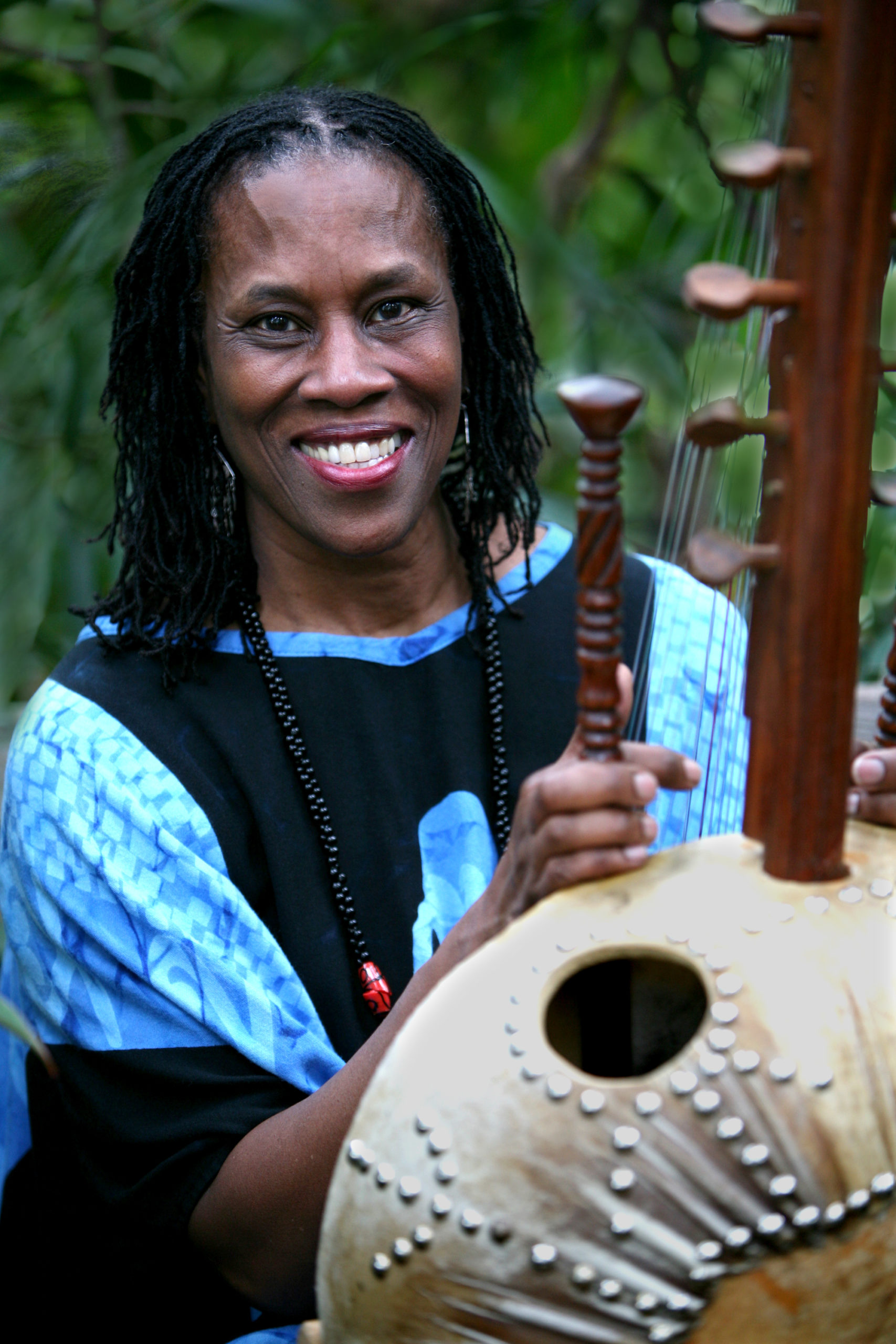From South Philly to South Africa: Charlotte Blake Alston has a story to tell
By Jay Nachman
Storytelling has taken Charlotte Blake Alston from the South Philadelphia neighborhood where she was raised to being a featured teller at the National Storytelling Festival and to the National Festival of Black Storytelling. She’s performed at festivals worldwide, including in Ghana, Ireland, South Africa, Brazil, Austria and Switzerland.
This master storyteller, narrator and librettist (author of long vocal works) brings traditional and contemporary stories from African and African American oral and cultural traditions to life.
In North America, Alston has graced the stages of Washington, D.C.’s John F. Kennedy Center for the Performing Arts and Smithsonian Institution, as well as Philadelphia’s own Kimmel Center for the Performing Arts. She has narrated for symphony orchestras and performed at international storytelling festivals. She is a frequent guest artist at universities, grade schools, museums and cultural arts institutions around the country and also presents at day care centers, for special needs populations, as well as prisons and youth detention centers.
Storytelling is meaningful to Alston because it creates “the human-to-human interaction in places and communities where I never would have thought I would have made that kind of a connection.” In addition, she said that storytelling helps break down barriers between people, and “we need to find all kinds of ways to do that.”
The seeds for her career were planted by her parents. Her mother was a pianist and organist in their church, and Alston began playing piano at age 6. Alston said her father “could not carry a tune from the living room to the dining room” but he had a passion for literature and language and, even as a father of five, he always carved out time to write.
Alston, 75, and the mother of a son, studied education at Cheyney University, and began teaching at a time when books that reflected the multiethnic faces of America’s children and picture books of African folk tales were just beginning to appear in schools. These books piqued her interest in storytelling. Then she traveled to West Africa and heard the kora, a 21-string plucked instrument, which was integral in the centuries-old history of oral history telling.
She began doing research on African oral traditions and African American folklore, then went to a performance at Patchwork Storytelling Guild in Philadelphia. The storyteller’s voice transported Alston into the Western frontier and left her intrigued.
With the encouragement of the head of her school, Alston began storytelling. That led to invitations to appear at yet more schools and cultural institutions.
In 1990, she felt “this increasingly intense internal restlessness to explore that path wholly, full-time,” Alston said. “I prayed there be a net if I fell. That net turned into a catapult.”
And so, what started as an interest has turned into a full-time, fulfilling career for Alston. “I specifically for most of this journey had made a decision to maintain, perpetuate and pass on stories from African and African American oral traditions,” Alston said. “My belief is that regardless of a story’s geographic or ethnic origin, all stories speak of our humanity. The complexities of what it means to be a human being. Our weaknesses, our fears and our triumphs – all of that speaks to what it means to be a human. Stories speak to our humanity, whether you are in Germany, Senegal, Cape Town or behind bars. So my goal is always that the human element of the story reaches out and connects with the human element in you.”
Jay Nachman is a freelance writer in Philadelphia who tells stories for a variety of clients.




